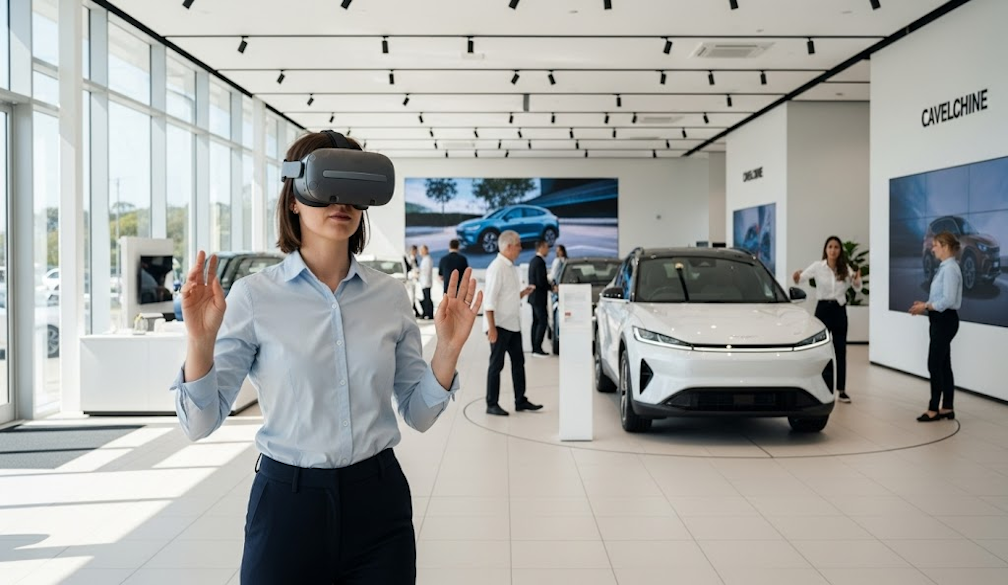Automotive Industry Revolutionises Customer Experience

Australia's automotive industry, adapting to electric vehicles and changing ownership models, faces evolving customer service challenges. Dealerships and service centres nationwide are implementing how to deal with difficult customers training through virtual reality to prepare staff for complex technical discussions and emotional purchase decisions.
Car sales involve significant financial commitments and emotional attachments, creating perfect conditions for difficult interactions. Virtual reality training allows sales staff to practice handling everything from aggressive negotiators to anxious first-time buyers, building skills that transform potentially negative experiences into positive outcomes.
Toyota dealerships implementing VR training reported impressive results. Customer satisfaction scores improved by 41%, while sales conversion rates increased by 24%. The improvement came from staff's enhanced ability to read customer emotions and adapt their approach accordingly.
Service departments face unique challenges explaining complex technical issues and costs to customers who often feel vulnerable about automotive knowledge. VR scenarios help technicians develop communication skills that build trust while ensuring customers understand necessary repairs and maintenance.
Electric vehicle adoption creates new customer education challenges. Sales and service staff must explain new technologies, charging infrastructure, and total ownership costs to sceptical or confused customers. VR training builds confidence in these technical discussions while maintaining focus on customer benefits.
The technology addresses cultural shifts in automotive retail. Younger customers expecting Tesla-like experiences clash with traditional dealership models. VR training helps staff bridge generational expectations while maintaining the personal service that differentiates dealerships from online sales.
As Australia's automotive industry transforms with electrification and new ownership models, dealerships investing in advanced staff capabilities are positioning themselves for success. They're recognising that in an era of automotive disruption, exceptional human skills provide sustainable competitive advantage.

